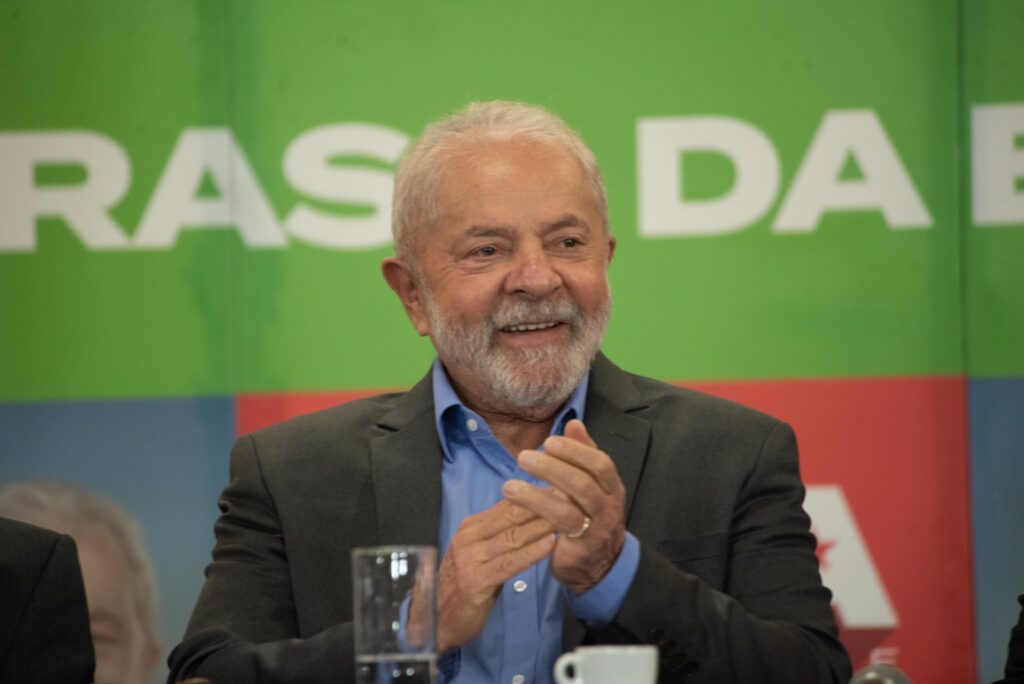Lula continues to advance in the polls; Bolsonaro stagnates

By Ingrid Sanchez. Windbreaker TV – Peninsula 360 Press.
On October 2, Brazilians will go to the polls to elect the president of the country and, in addition, 27 state and Federal District governors, 27 senators and 513 deputies.
Brazil has a Superior Electoral Court that oversees and regulates the electoral process from beginning to end. Any irregularity is also denounced before this court.
For presidential and state gubernatorial elections, winners need 50 percent of the vote plus one. In the event that no candidate achieves that number of votes, a second round is called. By law, the first round is held on the first Sunday of October and the second round is held on the last Sunday of October.
In Brazil, the elections are computerized, so the electoral results will be known two hours after the polls close, which will take place at 5:00 p.m.
According to the latest poll published by Quaest, the leader of the leftist Workers' Party and former president, Luiz Inácio Lula da Silva, grew 2 percentage points in the intention to vote among Brazilians in recent weeks, while his opponent the right-wing and current president Jair Bolsonaro, stagnated in the polls with 34 percent of voting intentions.

In third place is former minister Ciro Gomes with 6.0 percent followed closely by Simone Tebet with 5.0 percent.
For the results of the survey, registered with the Superior Electoral Tribunal, 2,000 people over 16 years of age were consulted between September 17 and 20.
Electoral campaigns have been accompanied by intense confrontations between the candidates and their supporters. Attacks for political reasons have been the order of the day and there have been cases of murders committed by "Bolsonaristas" against Lula's supporters, as well as attacks at rallies in support of the former president.
In this 2022, around 156 million 454 thousand 011 people distributed in 5 thousand 570 Brazilian cities and 181 cities abroad will vote. 52.6 percent of voters are women; the state with the largest number of voters is Sao Paulo, with 22.1 percent, and the state with the fewest voters is Roraima, with 0.23 percent.
In addition, according to the Superior Electoral Tribunal, around 2 million 116 thousand 781 young people between the ages of 16 and 17 will be able to vote in the elections voluntarily, which represents a growth of 51.1 percent compared to 2018.
This article was produced with the support of the organization Global Exchange in collaboration with TV Windbreaker and Peninsula 360 Press.
You may be interested in: Violence escalates in Brazil just days before elections

